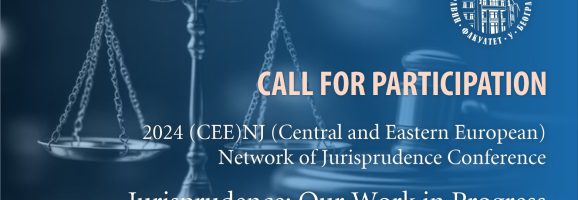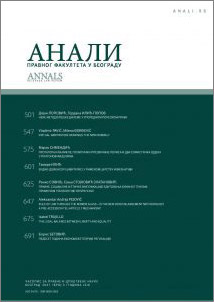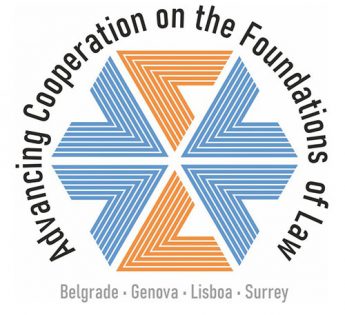
We are honored to invite you to participate in the International Scientific Conference on “International Law and Unilateral Coercive Measures,” which will be held at…

Graduated students of law and social sciences-humanities from Serbia and abroad are invited to the meeting related to the enrollment at master`s study program LAW…

Graduated students of law and social sciences-humanities from Serbia and abroad are invited to the meeting related to the enrollment at master`s study program Master…

International Master in Taxation (IMT) is a unique, multidisciplinary master programme organized jointly by the University of Belgrade – Faculty of Law and the University…

The 2024 (CEE)NJ (Central and Eastern European) Network of Jurisprudence Conference is to take place at the premises of the University of Belgrade (Serbia) Faculty…




